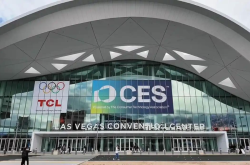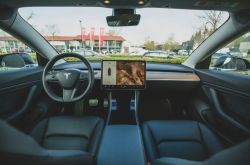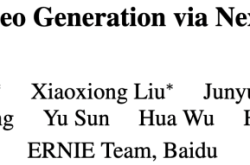Lincoln's China Sales Entity May Cease, as Ford China Tightens the Belt for Profitability
![]() 12/31 2024
12/31 2024
![]() 479
479
Lead
Recent reports suggest that Lincoln China's status as Ford's dedicated sales and service entity in the country will be dissolved. Instead, Lincoln's sales, marketing, and customer service functions in China will be integrated into Ford China. The volatile automotive market has compelled many automakers to continually adapt their strategies.
Produced by | Heyan Yueche Studio
Written by | Zhang Chi
Edited by | Heyan
Total words: 2317
Reading time: 4 minutes
Please enter a title abcdefg
Currently, Ford's strategy in China is contracting. Given Lincoln's poor sales performance and the need to cut costs and achieve greater synergies, integrating Lincoln's sales entity with Ford China's related functions will better enable cost savings and maintain Ford China's profitability.
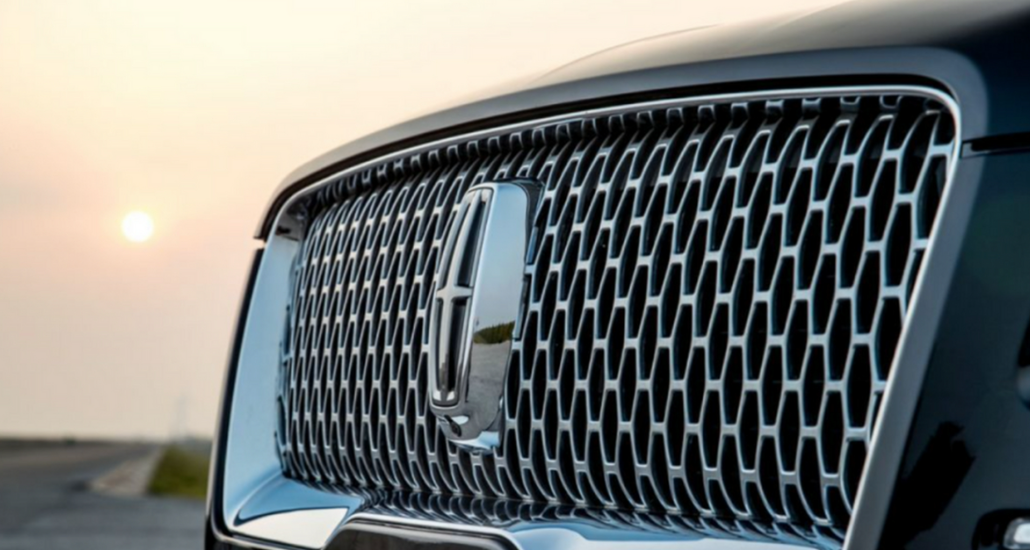
△ Lincoln's sales, marketing, and customer service functions in China will be integrated into Ford China
Lincoln Struggles to Regain Momentum in the Short Term
Lincoln once exited the Chinese market due to poor sales and the 2008 financial crisis, only returning in 2014. Since then, Lincoln has experienced two sales peaks in China:
Initially, upon its return, Lincoln introduced three SUV models, driving sales through new vehicles. Adopting a fully imported strategy, many domestic consumers still trusted imported models, contributing to increased sales post-return. Lincoln's second sales surge in China benefited from its localization efforts starting in 2020. The SUV lineup, including the Corsair, Nautilus, and Aviator, saw rapid sales growth with localization, reaching 91,621 units in 2021. However, this good fortune was short-lived, and as localization benefits waned, Lincoln's sales began to decline.
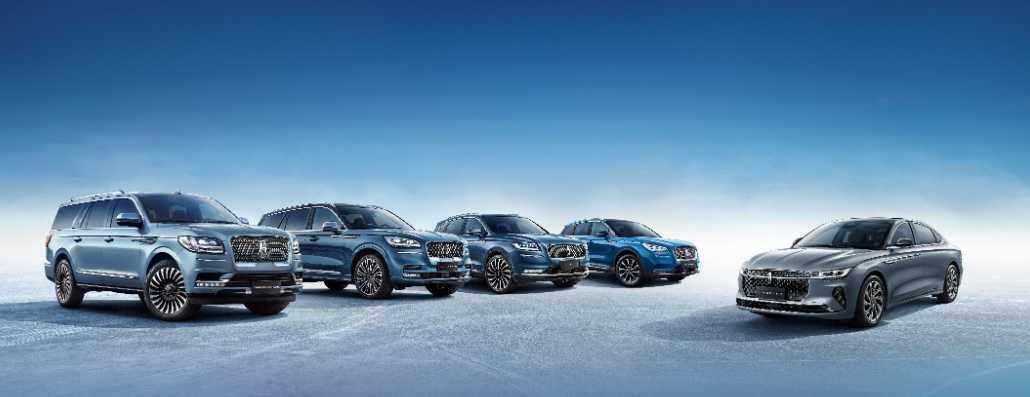
△ Localization helped Lincoln China's sales reach a new level
Especially since 2024, Lincoln's sales have further declined. Data shows that in November this year, Lincoln sold only 4,251 vehicles in China, a year-on-year decrease of 37.2%, with cumulative sales from January to November at 48,300 vehicles, a year-on-year decrease of 17.7%. In the short term, without any groundbreaking models, Lincoln's sales will inevitably continue to be impacted by domestic competitors. Consequently, Lincoln first began streamlining its dealer network.

△ Lincoln continues to reduce the number of dealers in China
Data shows that the number of Lincoln dealers in China has dropped from 170 to around 110. The continuous closure of stores reflects the difficulty of sustaining the previous number of dealer outlets given Lincoln's terminal sales and after-sales maintenance challenges. Now, if Ford dissolves Lincoln's sales entity and merges it with Ford China's functionally equivalent team, it will be a pivotal move for Ford to further enhance its profitability in China. Compared to Lincoln potentially exiting China again, maintaining its domestic business through a low-cost model would provide valuable breathing space for a future comeback.
Ford China's Strategic Adjustment Shows Initial Results
In recent years, Ford has actively adjusted its domestic business layout to minimize losses, with noticeable success. According to Ford's global financial report, Ford China's overall business was profitable in the first half of 2024, marking the fourth consecutive quarter of profitability.
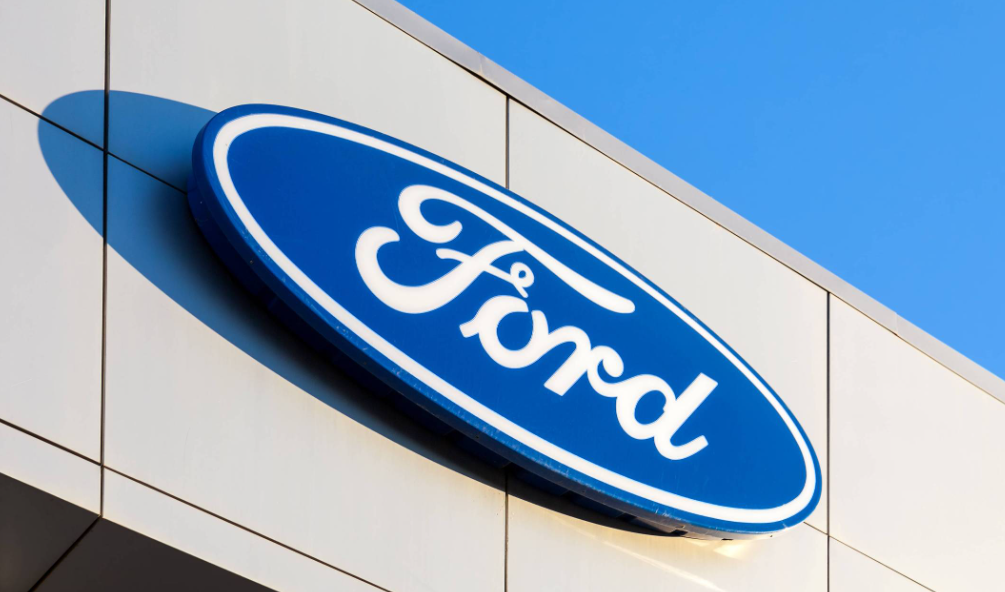
△ Ford China's business has been profitable for four consecutive quarters
As Ford's primary passenger vehicle enterprise in China, Changan Ford sold 25,103 vehicles in November this year, a year-on-year increase of 31.78%; from January to November, Changan Ford's cumulative sales were 217,340 vehicles, a year-on-year increase of 6%. As for Jiangling Ford, Ford's other joint venture in China, it has introduced the mid-size pickup Ranger and the off-road SUV Bronco, boosting its presence and sales in China. Notably, Ford China's exports reached 75,000 units in the first half of this year, a year-on-year increase of 45%. Ford's use of its global sales network to help Ford China digest excess capacity has also played a crucial role in turning Ford China's business around from a loss to a profit.
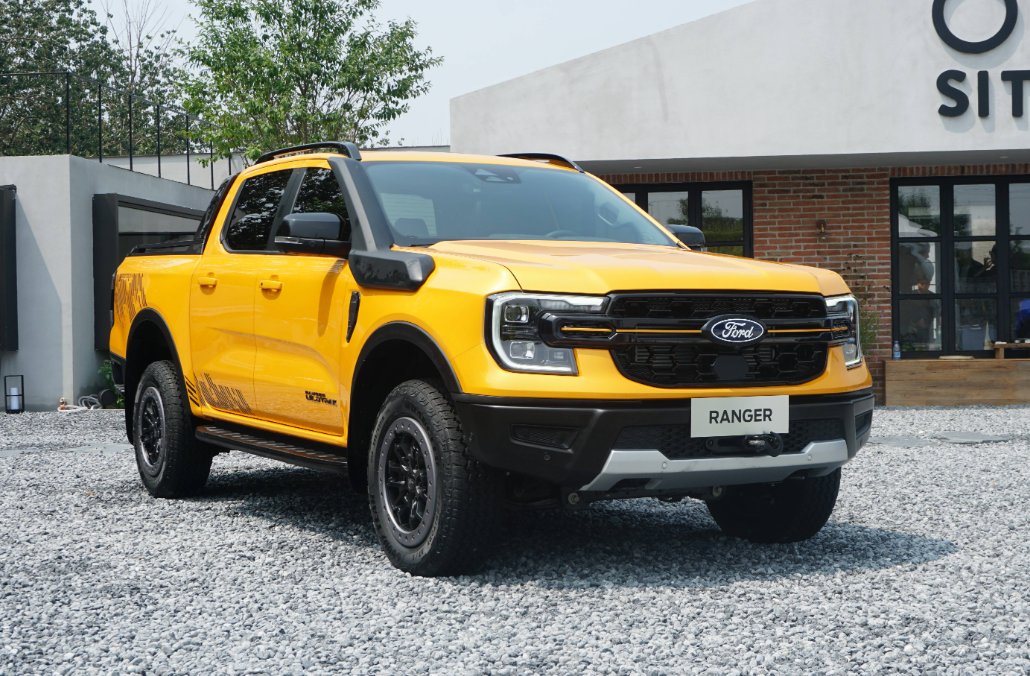
△ The launch of Ranger and Bronco signifies a strategic shift for Ford in China
However, every coin has two sides. While merging Lincoln's sales entity can save costs, it poses a challenge to Lincoln's brand independence in China. Within the Ford Group, the Ford and Lincoln brands are distinctly different in terms of positioning and audience. Once Lincoln's sales entity in China is dissolved, maintaining Lincoln's current marketing tone will be a significant question. For luxury brands, if their brand positioning is no longer recognized by consumers, it will severely impact Lincoln's future sales in China. Therefore, Ford China's management team needs to consider not only cost savings when integrating Lincoln's sales entity but also ways to maintain or even further enhance Lincoln's marketing tone in China.

△ Ford China's management team needs to further enhance Lincoln's marketing tone in China in the future
How Should Second-Tier Luxury Brands Navigate Downturns?
This year, not only Lincoln but also second-tier luxury brands such as Cadillac, Lexus, Volvo, and Jaguar Land Rover have struggled. The once common double-digit growth rates are gone, and the impact from new-energy vehicle makers, especially Tesla, Li Auto, Thalys, NIO, and others targeting the mid-to-high-end market segment, has been most significant on these second-tier luxury brands.
For second-tier luxury brands, they are not entirely without options.
It is undeniable that, even as second-tier brands, they still carry the title of luxury and have higher brand appeal and recognition than ordinary foreign brands. However, to maintain their brand recognition, they must not only maintain a high standard in marketing and after-sales service but also continuously launch competitive models. Currently, second-tier luxury brands generally lack competitive products. They lag significantly behind leading domestic new-energy vehicle makers in terms of both new energy and intelligence. There is a direct product gap in long-range plug-in hybrid/extended-range electric vehicles, favored by domestic consumers. Most plug-in hybrid models from these second-tier luxury brands have a range of only a few dozen kilometers, disconnected from domestic consumer needs. Whether these second-tier luxury brands can launch more competitive models will be crucial to their performance in China.
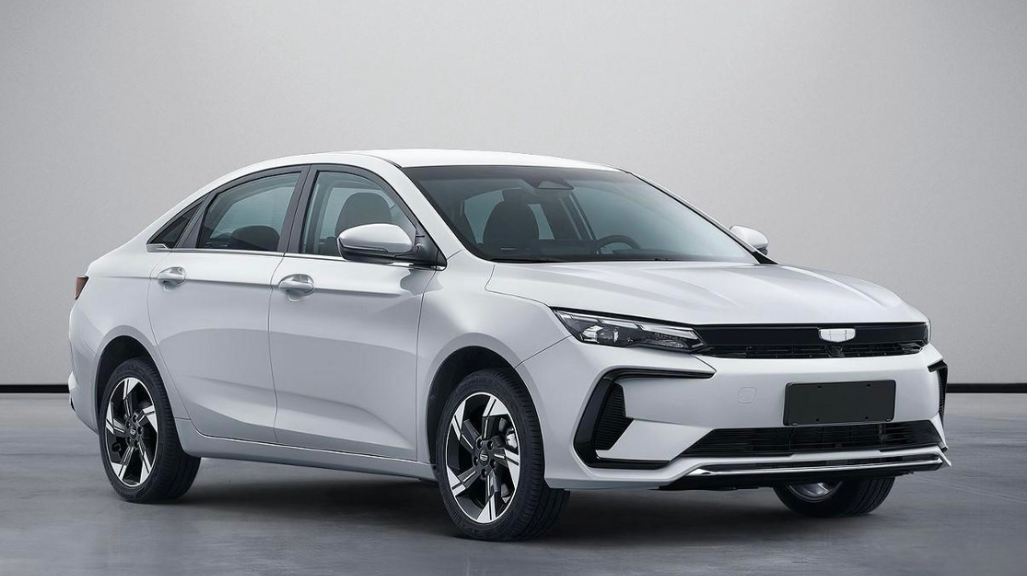
△ Second-tier luxury brands are absent from long-range plug-in hybrid/extended-range electric vehicles favored by domestic consumers
The current difficulties faced by these second-tier luxury brands in China are not only due to insufficient product capabilities but also stem from a deeper issue: their established business models and system strengths, on which they previously relied, can no longer meet the competitive demands of the domestic market. Taking Volvo as an example, the sales performance of the EX30 and EM90 models introduced from Geely are weaker than their counterparts under the Geely brand. Even the intelligent driving capabilities of the EX90, Volvo's flagship model on the latest SPA2 platform developed in Europe, have not surpassed the first tier of domestic intelligent driving systems. As for Lexus and Jaguar Land Rover, their progress in these areas is even less than Volvo's. Therefore, how to anticipate Chinese consumers' needs in advance and accurately predict the direction of the Chinese automotive market is worth considering for second-tier luxury brands.
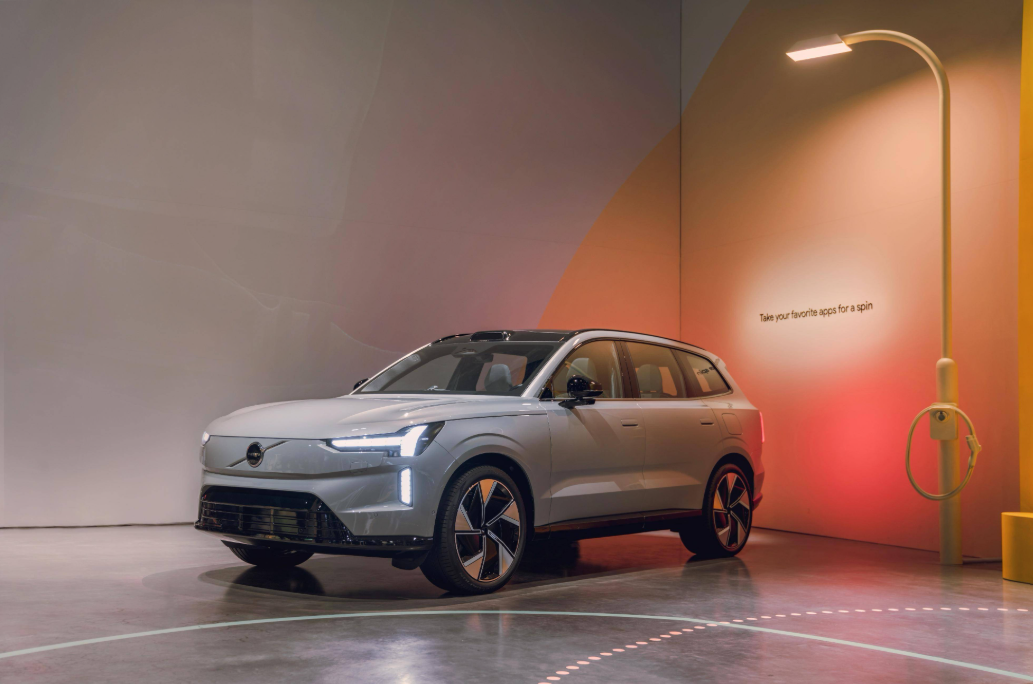
△ Volvo's flagship model EX90's intelligent driving capabilities have not surpassed the first tier of domestic intelligent driving systems
Commentary
If Lincoln seeks a quick breakthrough, integrating its sales entity in China with Ford China's equivalent functions is just one step. After all, to achieve profitability, revenue generation is more crucial than cost savings. With Lincoln unlikely to receive significant support from its North American headquarters in the short term, it needs to consider whether to introduce electric vehicle and intelligent technologies from Changan Automobile, Ford's major joint venture partner in China. After all, both Avitar and Changan Deep Blue occupy a place in the rankings of domestic new-energy vehicle makers. If Lincoln can collaborate with Avitar, it can seamlessly connect with CATL and Huawei behind it, potentially allowing Lincoln to quickly address its product shortcomings and lay a solid foundation for increasing sales in the future.
(This article is original content from 'Heyan Yueche' and cannot be reproduced without authorization)


